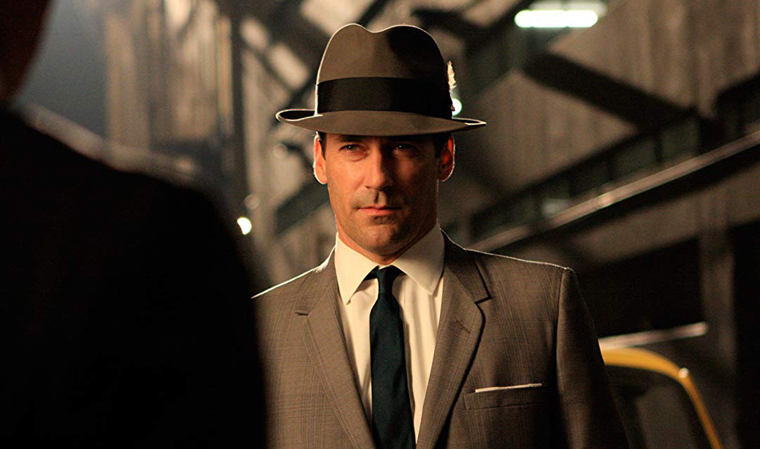
Every once in a while something meaningful appears on television, and at present it is a series on AMC called “Mad Men.” Taking place in the very early ‘60s and set in New York, the fictional series written by Mathew Weiner of HBO’s “The Sopranos” explores the period’s social, moral, sexual and cultural change.
The program includes no overt violence, flaming explosions or obscenity. What it does include is ubiquitous cigarette smoking, hard liquor, blatant sexism, bigotry, ethical lapses, rampant materialism and a finely honed script exposing the hidden lives and shifting relationships of those times, particularly between men and women.
I spent the ‘50s and ‘60s growing up in a wealthy suburb of New York City, the post-war son of a businessman. Like Weiner’s Mad Men, each day my father rode the train to work in Manhattan and entered the executive men’s club of work, money, sex and power. My mother remained at home, as did most wives of the suburban middle class – running the house, managing the kids and trying to stay busy. His was a life of action, hers a life of bored leisure. While he jetted from New York to London, ate expensive dinners in fine restaurants, worked and played late hours, had exotic dates and kept many secrets while pursuing his fortune, she played tennis with girlfriends, shopped for dinner, managed the housekeeper, picked up the kids from school and saw a psychiatrist for depression. What money she had was doled out by my father. Largely an extension of his Mad Men life, she enjoyed little identity of her own.
I knew my father was unhappy by the way he’d trudge up the stairs after coming home from work. After a long day kicking butt and jousting with men for dominance and treasure, he’d pour himself a Johnny Walker, plop down in a chair before dinner and be asleep by 8:30. Evening after evening, my mother found herself with no one to talk to. She’d bury herself in a book, and knock back a vodka or two. There was frequent bickering, crying and fighting; it was not a happy marriage, yet it lasted 23 years. In those times, marriage did not end lightly. When they finally divorced in ‘66, my mother became a non-person. Unable to get a credit card, with no work history, for years she was a fish out of water. My father, on the other hand, swiftly moved into his playboy-style bachelor pad on Madison Avenue and pursued his continuing interests unencumbered by marriage.
The ‘60s slid into the ‘70s; his sideburns grew longer and he became wealthier, only to lose it all in a business deal gone terribly wrong. My mother, in the meantime, went on to become the first director of a corporate-funded nonprofit arts organization in lower Manhattan, and hung out with Mayor Lindsay, Jackie Onassis and Arthur Goldberg. For a while, as my father’s life went south, my mother’s went north. Go figure.
During the past 50 years my generation has surely developed its own special brand of madness. But my wife of 34 years has been my equal partner in every way, and our two grown daughters are strong, successful, independent women. Things have changed for the better. In 2048, perhaps “Not So Mad Men” will be featured on TV.